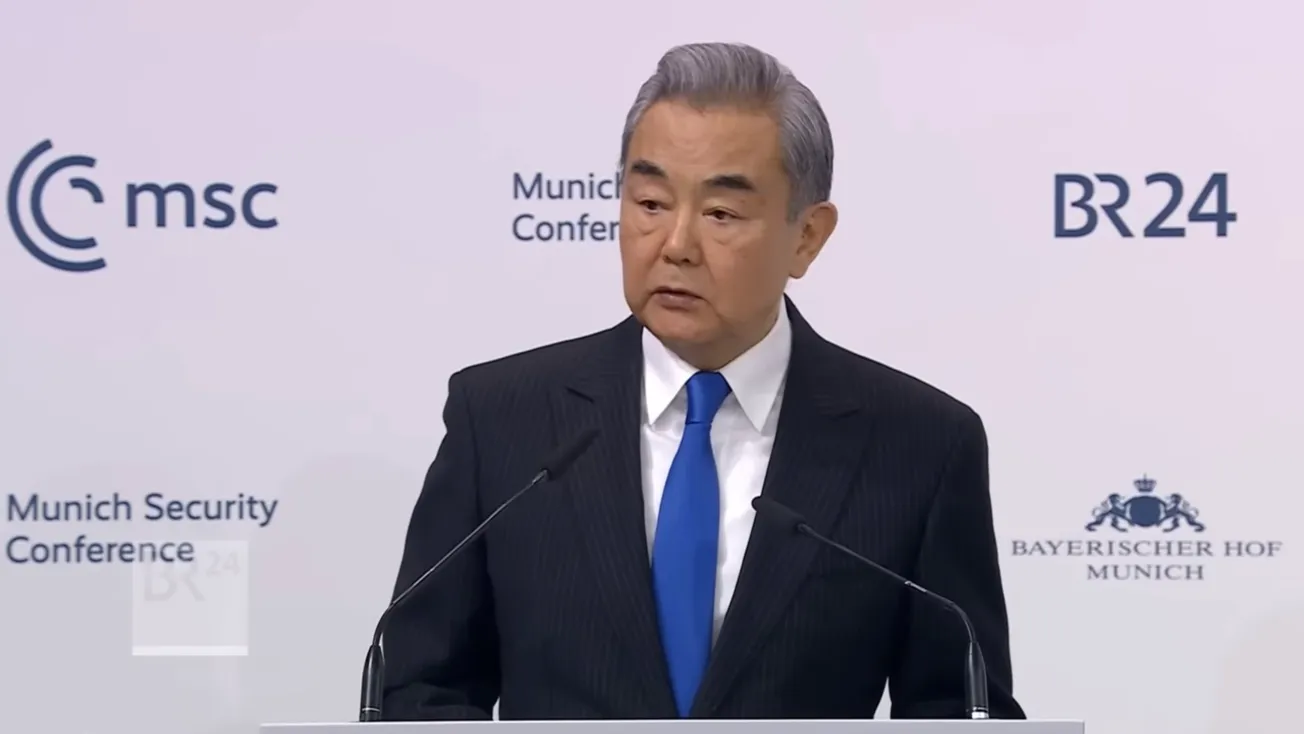International media are stunned about statements by Italian Defense Minister Guido Crosetto at a parliamentary hearing on Jan. 10, at which Crosetto said it is time to find a diplomatic solution in Ukraine. Since Crosetto has no thinking of his own, but speaks on cue from the U.S. Embassy, one must assume that he either got permission or was ordered to say what he said. Italy has assumed the rotating chairmanship of the G7 on Jan. 1.
Crosetto said that Italy would seek “a dual-track strategy” with military support for Kiev to be coupled with more engagements towards a “negotiated settlement.” He said, “We must be realistic and cannot ignore the military situation on the field. The time seems to have come for effective diplomatic action.”
The Minister insisted that his call for diplomacy did not reflect a change in Italian policy of support for Kiev, and warned that abandoning Ukraine would have major repercussions for European security, but raised doubts on “the real Ukrainian ability to counter Russian forces … in a condition of persistent numerical and air inferiority.” He said, “Unfortunately, Ukraine’s summer counteroffensive did not give the desired results,” warning that 2024 would be a “critical year” for Ukraine’s future.
“We have two paths: that of aid without ‘ifs and buts’—and that of attempting to build a diplomatic path that brings us to the end of the conflict. The coming months will have to balance deterrence and diplomacy,” he said. However, “We can start talking when the bombs stop falling. We have to convince those who are attacking to stop.”
Crosetto betrayed his (and NATO’s) real concern, when he said that the Ukrainian domestic front might collapse, declaring: “In Ukraine, the domestic front no longer appears as united as in the past in supporting President Zelenskyy’s policies, highlighting some political differences.”



